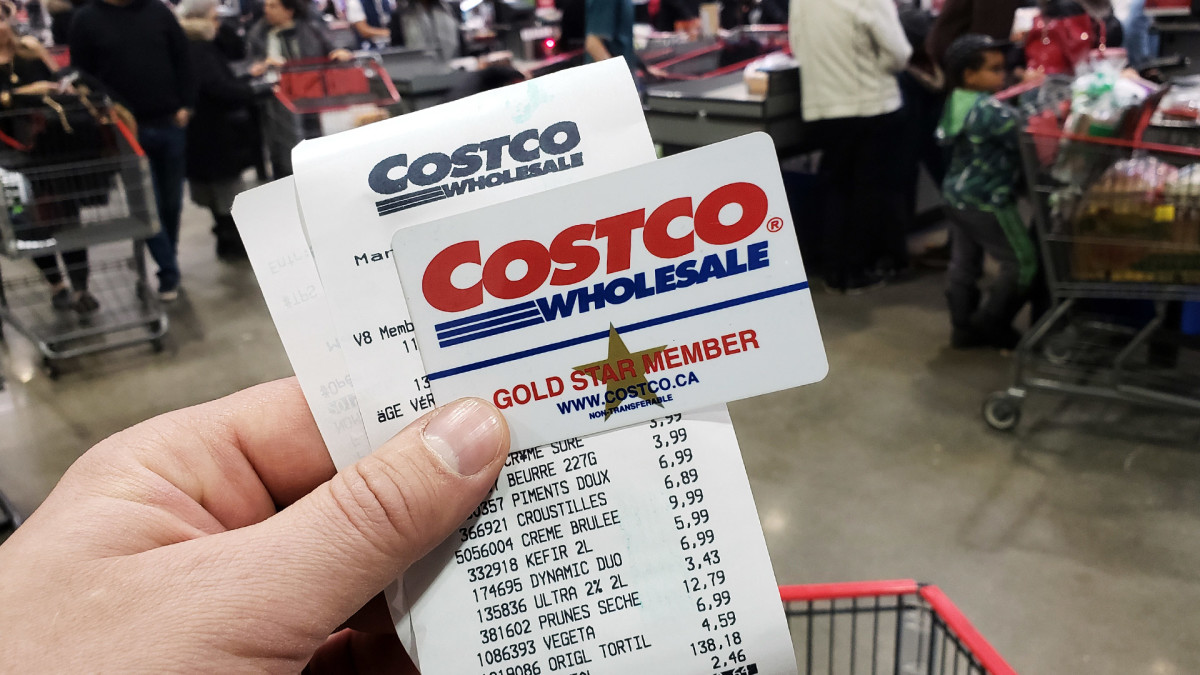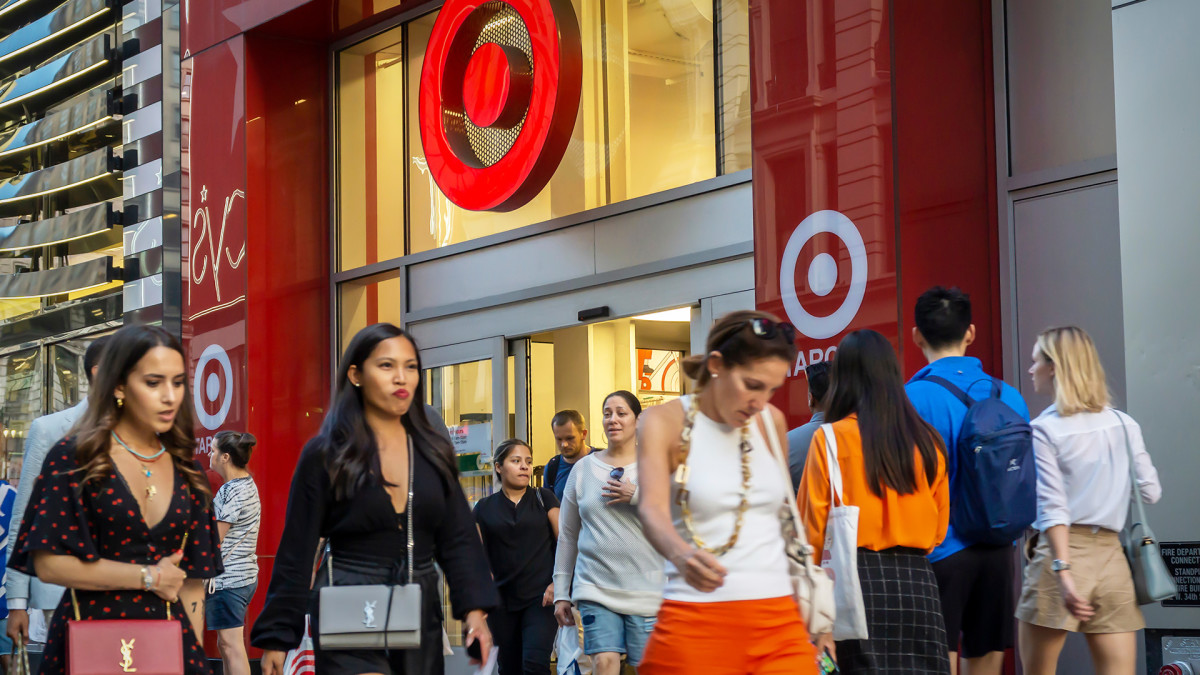
Private-label brands have come a long way.
In the 80s and 90s, private labels were known as store brands or generics. There were some areas where people were comfortable making the switch, but it often seemed like a big step down.
Related: Forget McDonald's: Walmart gets trendy new fast-food partner
No kid was thrilled when their parents brought home "Loops of Fruit" or "Magic Stars" cereals. Those were obvious knockoffs and, while the taste may not be that different, there was a level of cache that came with eating name-brand Froot Loops and Lucky Charms.
In other areas, the products weren't even knockoffs, they were literally generic. Beer was sold in white cans labeled beer and a similar treatment was given to soda. Yes, these products saved you money, but the tradeoff was clear.
Now private labels have been elevated. Retailers including Target and Amazon have developed wide portfolios of owned-and-operated private-label brands designed to offer both value and quality.

Image source: Shutterstock
Consumers are mixed on private-label brands
Numerator, a data and tech company serving the market research space, has published its updated Private Label Trends Tracker. The report shows that consumers have mixed feelings on private-label brands.
"Nearly half (43%) of surveyed consumers purchase private-label items to save money, but not all are convinced that they offer the same quality," the study says. "58% say private label brands offer an above-average value for their price, but less than 1 in 3 (29%) think they are as good as name brands."
Penetration for private-label brands is massive, at least in some categories.
"Just about every U.S. household purchased a private-label item in the past year. All U.S. households purchased a private-label grocery item in the past 12 months, followed by Health & Beauty (99.2% of households), Household Products (98.9%), and Home & Garden (97.6%)," Numerator shared.
Warehouse-club customers are the biggest buyers of private-label brands.
"Club stores saw the largest private label share based on total units sold. Private label items accounted for 33.1% of the Club channel (e.g., Costco, Sam’s Club), followed by Office (30.3%), Mass (e.g. Target, Walmart, 28.0%), Home Improvement (26.8%), and Pet (25.5%)," according to the data.
Sign up for the Come Cruise With Me newsletter to save money on your next (or your first) cruise.
Walmart dominates in one key area
While Target (TGT) and Costco (COST) have, in very different ways, made private label brands key parts of their offerings, the sheer size of Walmart (WMT) has led to one surprising piece of data.
"Five Walmart brands had over 50% U.S. household penetration in the past year, including Great Value (86% purchased), Equate (75%), Mainstays (70%), Marketside (69%), and Freshness Guaranteed (67%). 47% of U.S. households purchased Pen + Gear from Walmart. Dollar Tree (DLTR) , Aldi, Target, and Costco rounded off the top 10 private label brands by household penetration," Numerator reported.
(Walmart reports fiscal second-quarter results on Aug. 15.
Costco's household penetration is, of course limited by its being a membership-based chain. Anyone can shop at Walmart or Dollar Tree, which took the sixth spot with its self-named brand.
Target's taking the number 9 spot with its Up & Up brand and coming in 11 with its Good & Gather grocery line is more impressive because, like Walmart, the chain uses dozens of private-label brands.
More Walmart:
- Walmart raises the price of a key service
- Walmart launches cheap brand customers will love
- Some Walmarts make surprising self-checkout change
Costco, which took the #10 spot, uses the Kirkland Signature name on all of its private-label brands.
Private-label sales have been growing at least partly due to concerns over the economy and inflation pushing prices higher.
"Total dollar sales of private brands increased 6% in 2023, and units increased 0.9%. Private label gained share from name brands, increasing from 24.7% of total unit sales in 2022 to 25.5% in 2023," according to a report from market-research firm Circana.
The trend has also been supported by retail chains treating their house brands differently.
"Retailers are treating their brands like 'brands,' innovating with more clean labels, premium offerings, and marketing support," according to the data company.
Related: Veteran fund manager sees world of pain coming for stocks

.jpg?w=600)





